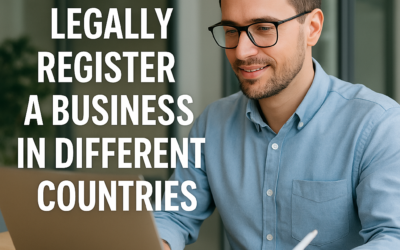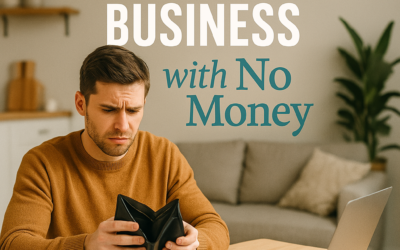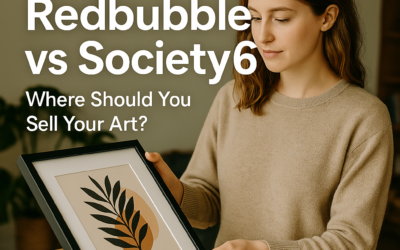How Copyright Laws Apply to Social Media Content
In today’s digital age, social media platforms are bustling spaces for sharing everything from personal photos to professional artwork. However, with the ease of sharing comes the responsibility of understanding copyright laws. Knowing how these laws apply to social media content is essential for both creative professionals and small business owners who want to protect their work and respect others’ rights.
Understanding Copyright Laws
Copyright laws are designed to protect original creations. These laws provide creators with exclusive rights to use, distribute, and modify their work. This protection covers a wide range of content, such as:
- Text
- Images
- Videos
- Music
- Software
On social media, it’s important to remember that just because content is accessible online does not give free rein to use it without permission. Respecting copyright shows professionalism and builds trust with your audience.
Copyright Infringement on Social Media
Copyright infringement happens when copyrighted material is used without the permission of the owner. On social media, infringement can occur in several common ways, for example:
- Reposting images or videos without giving credit or obtaining permission
- Using music in video content without securing a proper license
- Copying and pasting text from other sources without proper attribution
Major platforms like Instagram, Facebook, and Twitter enforce copyright policies and often work under frameworks like the Digital Millennium Copyright Act (DMCA), which allows copyright holders to request the removal of unauthorized content.
Case Studies: Copyright Disputes on Social Media
Examining real-life cases can help clarify the challenges involved in applying copyright laws on social media:
Case Study 1: The Richard Prince Controversy
In 2015, artist Richard Prince stirred controversy with his “New Portraits” series, which featured enlarged screenshots of Instagram posts created by other users. Although Prince claimed that his work was transformative, the case ignited debates over fair use and the limits of artistic expression.
Case Study 2: The Ellen DeGeneres Show
In 2019, a photographer filed a lawsuit against “The Ellen DeGeneres Show” for using one of his images in a meme that was shared on Twitter. The dispute was eventually settled out of court, highlighting the importance of seeking permission before using someone else’s copyrighted material.
Best Practices for Social Media Users
Following these best practices can help you avoid copyright infringement and maintain a positive online presence:
- Always credit the original creator: Provide attribution when sharing content not created by you.
- Seek permission: Contact the content creator and obtain permission before using their work.
- Use royalty-free or Creative Commons content: When available, use content that is licensed for broader use under certain conditions.
- Familiarize yourself with copyright policies: Each platform may have different guidelines, so be sure to review them.
The Role of Social Media Platforms
Social media platforms are pivotal in protecting copyright by providing tools for copyright holders to report misuse. Many platforms use automated systems to identify and remove unauthorized content quickly. However, the primary responsibility falls on users—understanding and respecting intellectual property rights is key to a thriving digital community.
Conclusion
Understanding and respecting copyright laws is crucial in the dynamic world of social media. While platforms offer mechanisms to combat infringement, it is up to creators and users alike to ensure that intellectual property is protected. By adopting best practices and staying informed, small business owners and content creators can navigate the digital landscape responsibly while fostering a culture of creativity and innovation.
Remember: in a world where content is king, respecting copyright is not only a legal necessity—it also builds credibility and trust with your audience. Let’s work together to create a vibrant and respectful online community.









